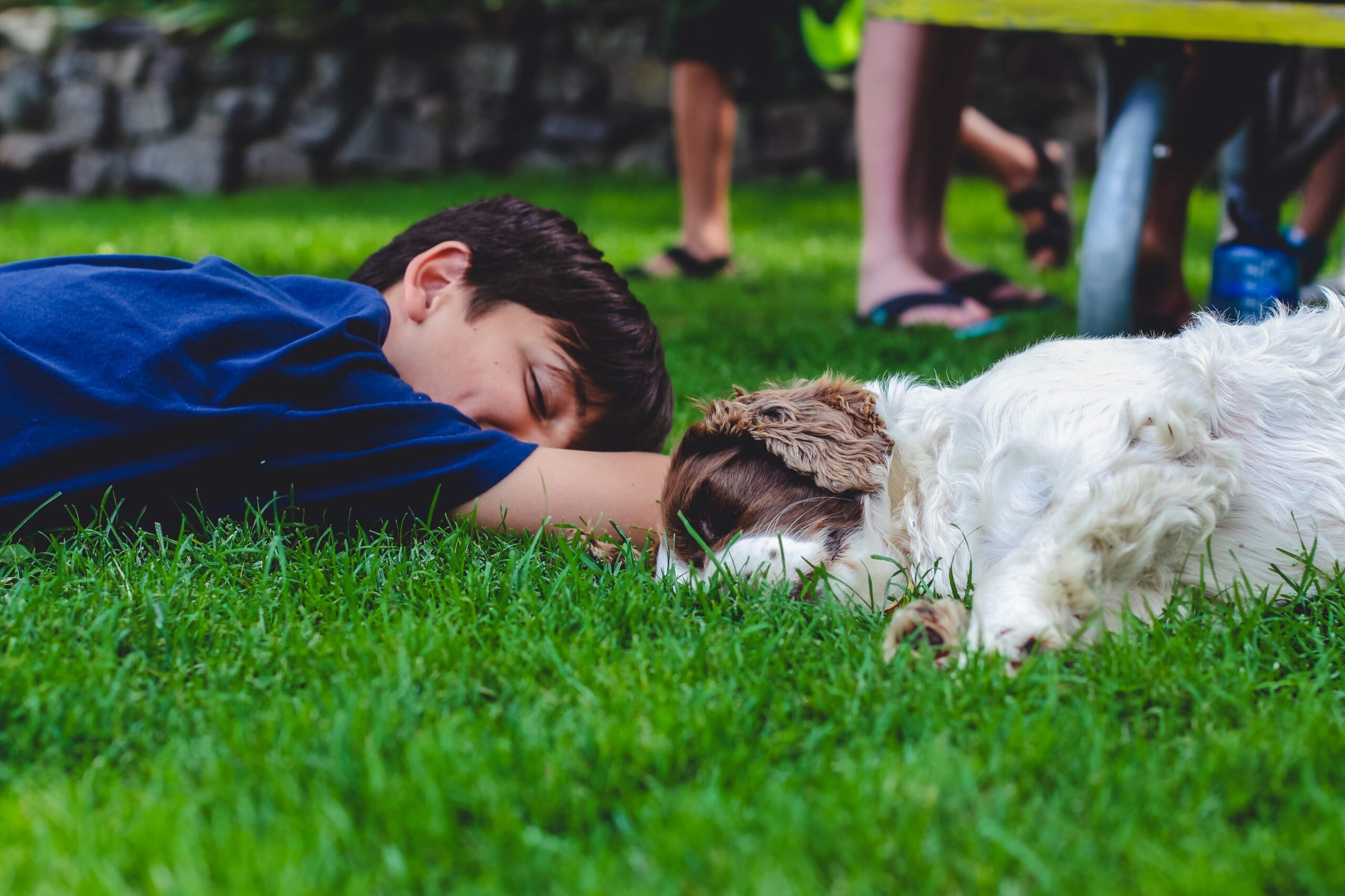3 WAYS TO PREPARE
TALK ABOUT IT.
Acknowledging with your camper the potential for homesickness can be a great first step in preparing for it. Like other feelings, once we acknowledge their existence they can become a lot less scary and more manageable.
STAY POSITIVE.
Keep the focus on how much FUN camp will be! Let them know how proud you are of them for practicing their independence. Your child needs to know that you think they will be a great camper. Encourage them to write letters, journal, and take pictures of the experience.
DON’T DOUBT.
Expressing a lack of confidence in your camper’s ability to be away from home, either directly to them or in front of others, undermines your child’s budding confidence. Don’t make any “deals” with your camper about coming to get them. For a homesick camper, these promises become the focus, instead of learning to cope with their feelings.
HOW WE CARE FOR HOMESICKNESS
Our staff are trained in various tools for responding to homesickness. Below are a few they often employ to help guide your camper through the normal adjustment period of being away from home:
EMPATHIZE.
First, we will give your child time and attention, recognize their feelings and let them know they are totally normal. Homesickness is a complex set of emotions and giving space to feel them is an important first step.
COMFORT.
Second, we will offer some ideas of things that can bring a little comfort to help move out of the hard feelings and into feeling safe and secure for camp play. This might be a cup of tea at the Nurse’s Cabin, special access to their preferred activity at the next period, or something to make the cabin feel a little more homey.
ENCOURAGE.
Third, we encourage your camper to use the coping strategies below. Ultimately, we have found that the best remedy for homesickness is CONNECTION and PLAY. After providing some TLC (tender loving care), our staff will encourage your camper to get back in on camp life, with the promise to check in on them later that day.
4 COPING STRATEGIES
Talk with your camper about these & other tools they can take to camp:
TALK.
Acknowledge your feelings and reach out to a counselor, Director, or Camp Nurse for a listening ear or a hug. They are here for you and would love nothing more than to support you as you process some hard feelings.
PLAY.
Dance outside of your comfort zone to make connections and have fun! After all, that’s what camp is for, right? Practice gratitude when feeling sad and focus on fully participating in the moment. Enjoy all that camp has to offer. Remember, it’s not forever! Imagine the stories you will have to share with your family when you get home.
WRITE.
Keep a journal about what you’re doing at camp and your feelings so you can share all the stories back home. Write letters home to friends and family members about camp life, what treasured gifts to receive!
SERVE.
You are a part of a bigger community here at MMR, and when we take care of the people around us it can often help us feel better in the process. There are so many opportunities to practice Servanthood at MMR: from including a new friend to join you at an activity, to volunteering for a clean up duty at the Dining Hall or in your cabin, to being the biggest cheerleader at Color Wars.
WHAT IF I RECEIVE A SAD LETTER OR MY CAMPER LOOKS SAD IN A PICTURE?
Zoom out. Tell yourself, “This moment doesn’t represent their entire camp experience.” See your child’s capability. Remind yourself, “Two things are true: my child can feel sad and cope with hard things.” Limit rumination. Give yourself permission to disconnect. Put that phone down, infuse fun into your day. Trust the process. Remind yourself that your camper is in the care of camp professionals, and that you will be contacted if anything concerning or out of the ordinary occurs with your child. *Adapted from Summer 365.
WE’LL CALL YOU IF:
Your child is visibly upset (crying frequently, not participating, having trouble eating, or sleeping) and not adjusting after two full camp days, we will call you to let you know what is happening and discuss a plan for helping your child adjust. This is rare and most cases of homesickness respond and get better over the first couple of days. As the old saying goes: no news is good news.


